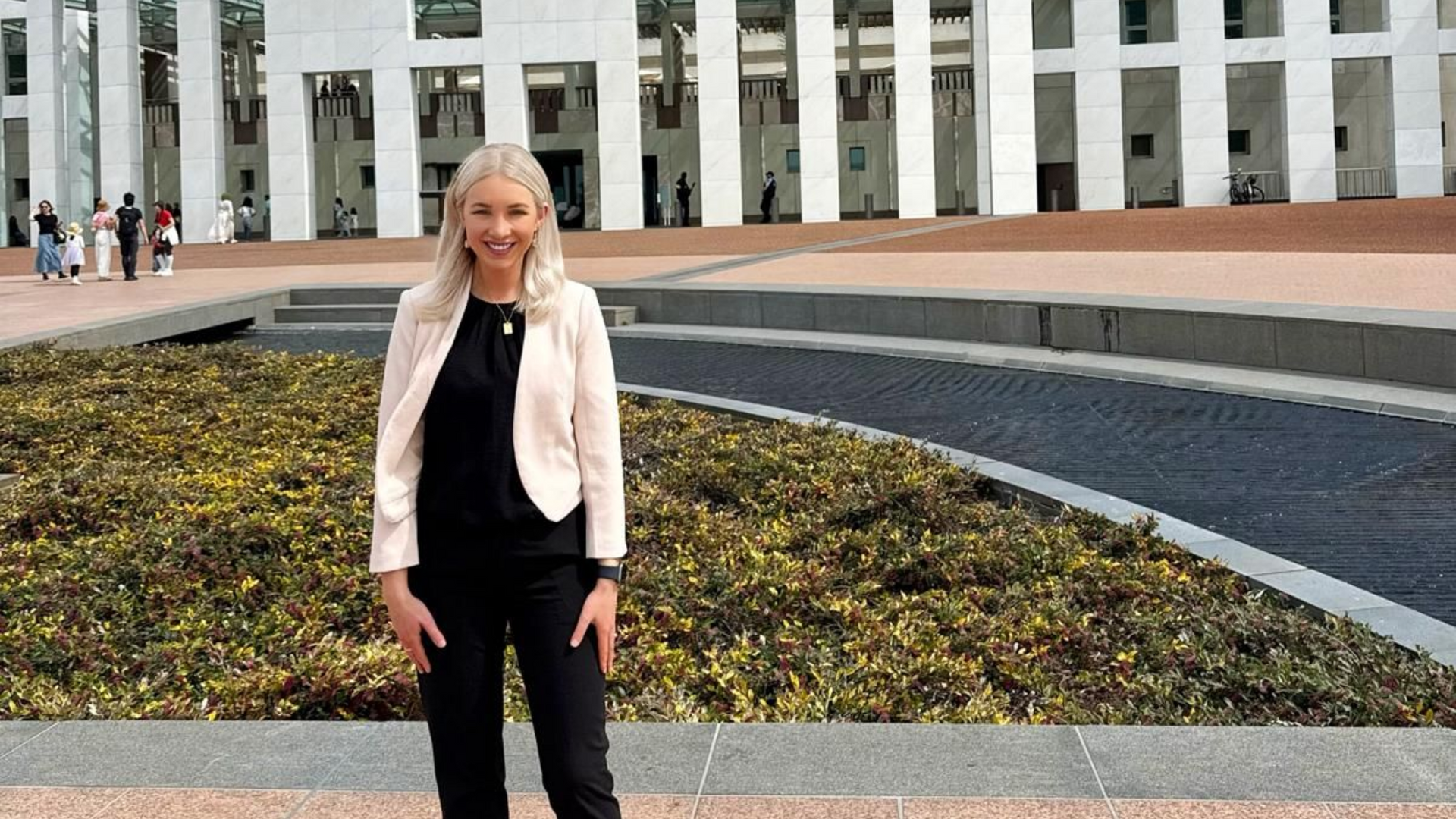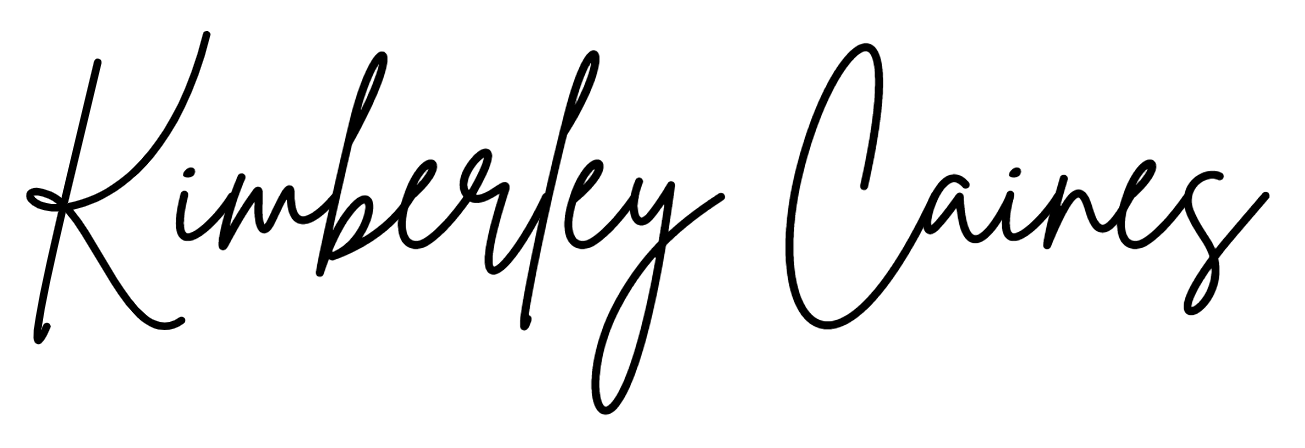Taking fertility policy to Parliament House

Today, I took PreservHer - and the voices of countless Australian women - to Parliament House.
I met with a Senior Policy Adviser to discuss one of the most urgent and overlooked issues in women's health: the need to make egg freezing more affordable and accessible in Australia.
From Reporting on Politics to Driving Policy Change
For years, I reported from the corridors of Parliament House as a political journalist. I covered national politics, health, women's issues, and policy decisions that shaped everyday lives.
But today, for the first time, I walked those same halls not as a reporter - but as an advocate.
After freezing my eggs in my 20s - when I was one of the youngest women in Australia to do so for a non-medical reason - I became deeply aware of how few options and how little support exist for women who want to preserve their fertility. It was a confronting, empowering, and at times isolating experience.
That's why I founded PreservHer - a fertility education and advocacy platform designed to inform, empower, and now, influence change.
The Reality for Australian Women
Egg freezing is one of the most proactive steps a woman can take to protect her fertility, yet it's financially out of reach for most.
A single cycle costs $8,000-$10,000, with additional costs for medications, anaesthetic, and ongoing storage. Many women require multiple rounds to achieve viable results, bringing the total to $20,000-$30,000 or more.
Research from Monash University in 2023 found that 70% of women who want to freeze their eggs don't proceed because of the cost.
This isn't just about personal choice - it's about public policy.
Australia's fertility rate has fallen to 1.5 births per woman, the lowest in our history. The average age of first-time mothers is now 31.6. The longer we wait, the more difficult it becomes for women to conceive naturally.
What Needs to Change
During today's meeting, we discussed several potential policy pathways that could make a real difference:
- Medicare-funded AMH testing to help women understand their fertility earlier.
- Rebates for fertility consultations and ultrasounds, allowing women to access advice without financial barriers.
- Subsidies for egg freezing or an age-based rebate model.
- A national fertility education campaign to inform both women and healthcare professionals.
These are practical, achievable steps - and they would have a profound impact not just on women's health, but on our national future.
Why This Matters
This conversation goes beyond biology - it's about fairness, opportunity, and equality.
We're told to have children earlier to address the declining fertility rate, yet there's little structural support to make that possible. Women are being asked to "do it all", but the system hasn't evolved to meet that reality.
Making egg freezing more accessible would:
- Keep women in the workforce longer
- Ease future pressure on IVF funding
- Address the national egg donor shortage
- Give women genuine autonomy over their reproductive choices
The Start of a Bigger Conversation
This meeting marks the beginning of what I hope will become a broader, bipartisan discussion about how Australia can better support women's fertility health and family planning.
PreservHer is committed to leading that conversation - through education, advocacy, and collaboration.
Because fertility preservation shouldn't be a luxury. It should be part of women's healthcare.
